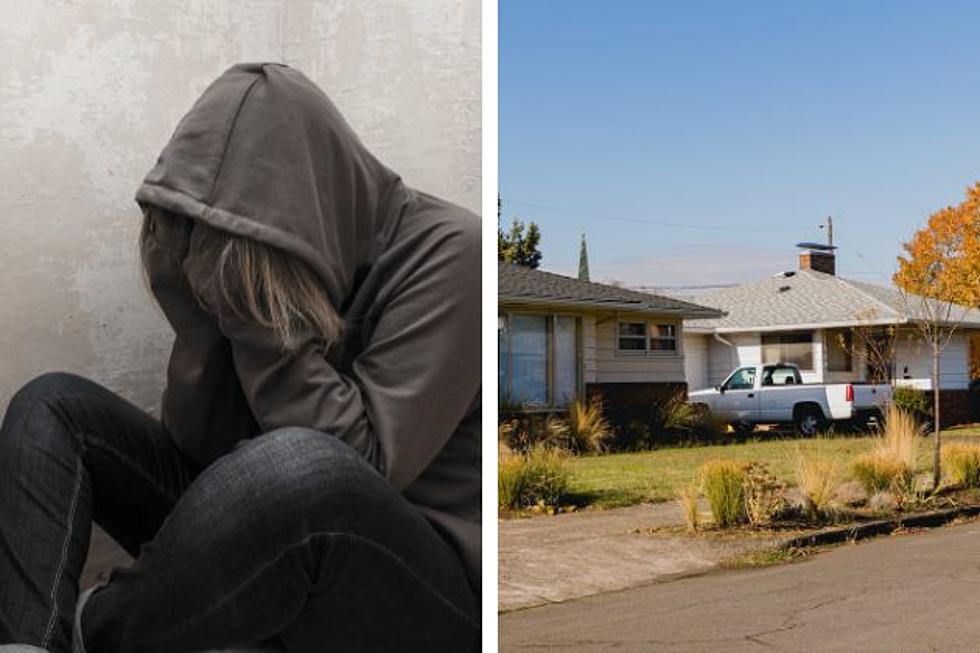
Are NJ’s rural counties really safer? Drug deaths suggest they’re not
It's said the opioid epidemic has no boundaries and does not discriminate.
But folks in New Jersey's rural areas may be more vulnerable to the drug dangers, statistics and advocates suggest.
Of the top five counties for drug deaths in the Garden State, four are considered to be at least 50% rural (less than 500 feet per square mile).
"An individual is two and a half times more likely to die of a drug overdose in very rural Cumberland County than in very urban-suburban Union County," said Dr. Michael Ganon, with Genesis Addiction and Behavioral Medicine in Newton.
Ganon made his comments Thursday morning during a webinar hosted by Partnership for a Drug-Free New Jersey and the Attorney General's Office.
In 2022, drugs took one out of every 1,031 lives in Atlantic County, which is considered to be nearly 80% rural.
"In most people's eyes, the rural counties would look like they're safer," Ganon said. "But the question is, are they really?"
The presentation pointed to multiple reasons for the lopsided statistics. For one, remote areas have fewer care providers than urban and suburban areas for people with substance use disorder.
"There are fewer people and fewer insured people, so it's less likely for doctors to set up shop there," Ganon said.
Also, rural areas are typically plagued by nonexistent or less active mass transportation systems, and may also be dealing with poorer internet connectivity than cities (for telemedicine access).
Using public transportation is actually seen by some as a "depressant" in Cumberland County, according Matthew Rudd with the county prosecutor's office. Cumberland ranks 16th among the counties for population, but it's No. 1 for drug possession arrests, No. 2 for opioid prescriptions and naloxone deployments, and No. 4 for drug deaths, statistics show.
Ganon said the drug crisis may be making more of an impact in rural counties also because they're generally made up of residents with more conservative views toward addiction — it's a character flaw, not a disease.
The trend is a "big problem" that doesn't have a one-size-fits-all solution, Ganon said. But steps can be taken to reduce the vulnerability of New Jersey's rural residents.
"I think that bringing care to the people with mobile vans, harm reduction centers, and more access to telemedicine would be a big help," Ganon said.
Report a correction 👈 | 👉 Contact our newsroom
30 neighborhoods in NJ where richest families live
Gallery Credit: New Jersey 101.5
30 neighborhoods in NJ where richest families live
Gallery Credit: New Jersey 101.5





